Is It Possible to Get All the Rights of a Song?
You may think (and following our discussion so far) that you may do… The truth, however, is that it isn’t possible. Copyrights are divided into moral rights and economic or exploitation rights. Kinda goes without saying, that Economic or exploitation rights are transferable. And here is the whole concept: those rights that can be assigned by the author are those rights that will provide economic compensation for the use of the work.
Rabbeats know the feeling… and we know what you are thinking! But this assignment may take place when:
- Mortis causa – by the death of the author – through a testament or a bequest.
- Inter vivos – While the author is still alive- through an assignment of rights contract, publishing contract, or other types of contract.
And this is where the confusion arises regarding music licenses. When the exploitation rights over a song are occasional/sporadic then the music license is nothing more than the temporary assignment of the rights of the song for a certain use!
Let us give you an example to make it simpler for you. If you are publicly reproducing a song on the radio, you’ll need a license that permits you to use the exploitation rights of that tune (the right to public communication).
On the contrary, If you wish to have the exclusive rights to that song, then you’ll have to get a permanent assignment contract (and not a temporary one).
Now, you’ll be able to buy these economic rights…but, here it comes… you won’t be able to acquire moral rights because they are non-transferable. The relation between the author’s work is attested:
- in the right of paternity of the work and
- the right of integrity of the work.
Please note, that both rights are without a time limit.
At this point, you realise that the authors’ rights are absolute and inalienable and cannot be assigned or even waived, regardless of whether they have signed any contractual clause. To infer, no one can possess all the copyrights on a song other than the author himself/herself.
But what can be done is to purchase temporarily or permanently, the exploitation rights over the song.
Here at Rabbeats, we know all about licenses and rights. And we’re here to protect you and advise you every step of the way.
Wait for our next article we’ll show you how to buy or acquire the rights of a song, step by step.

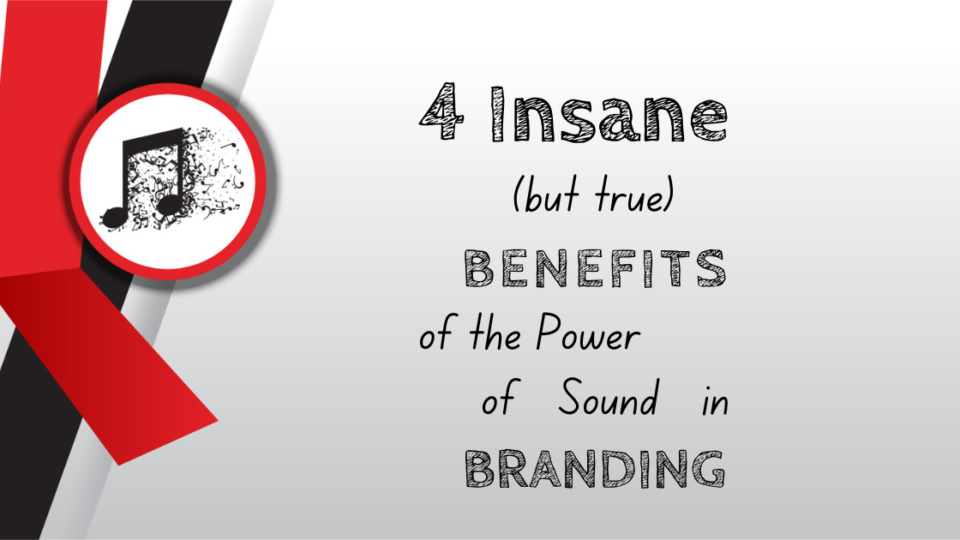
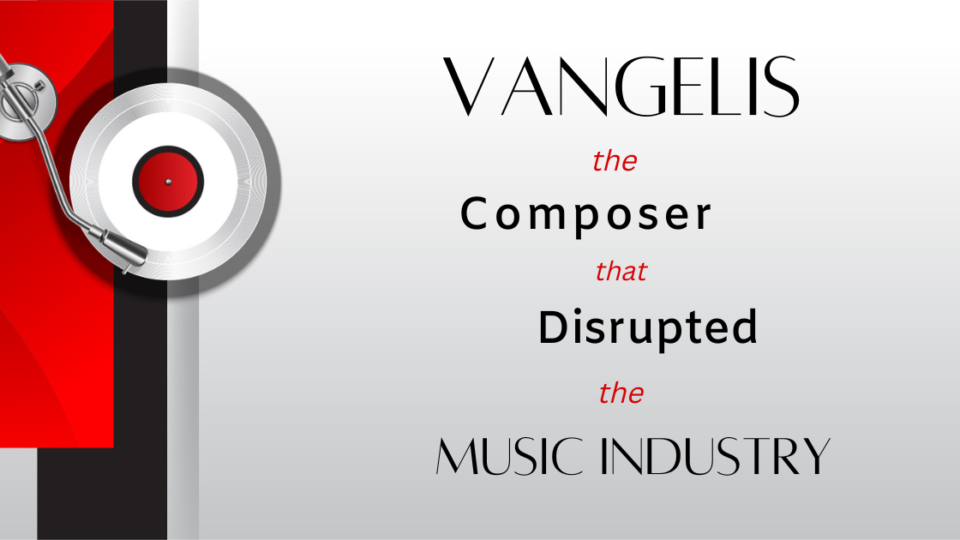
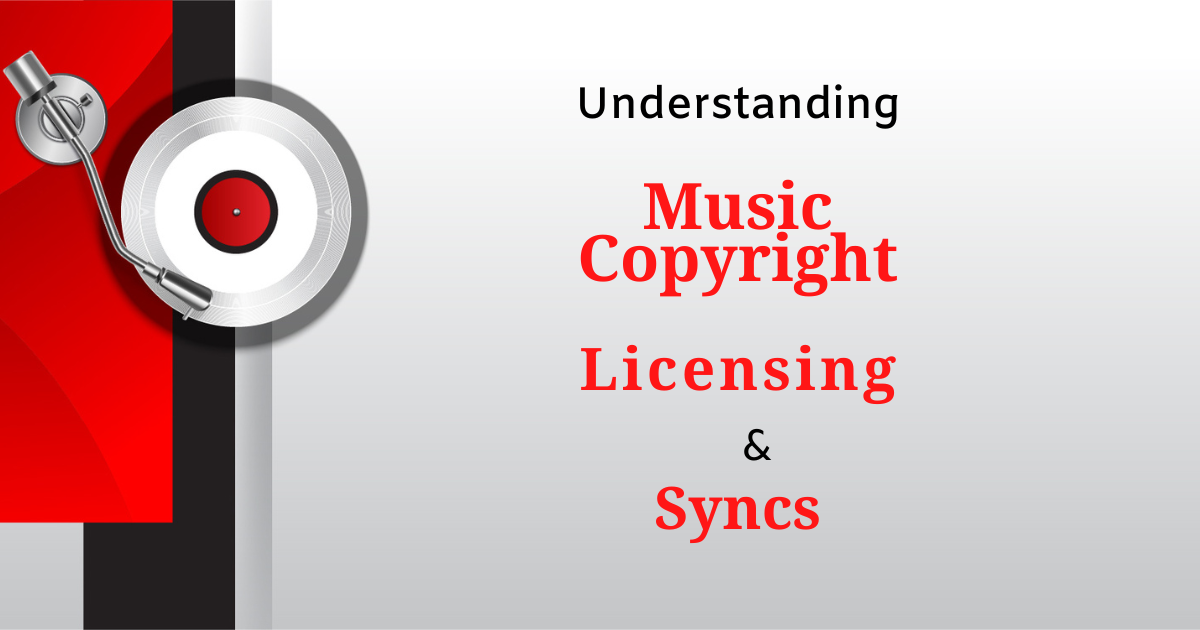
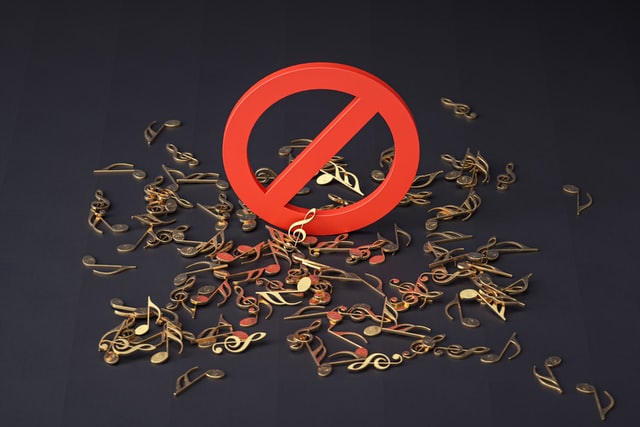

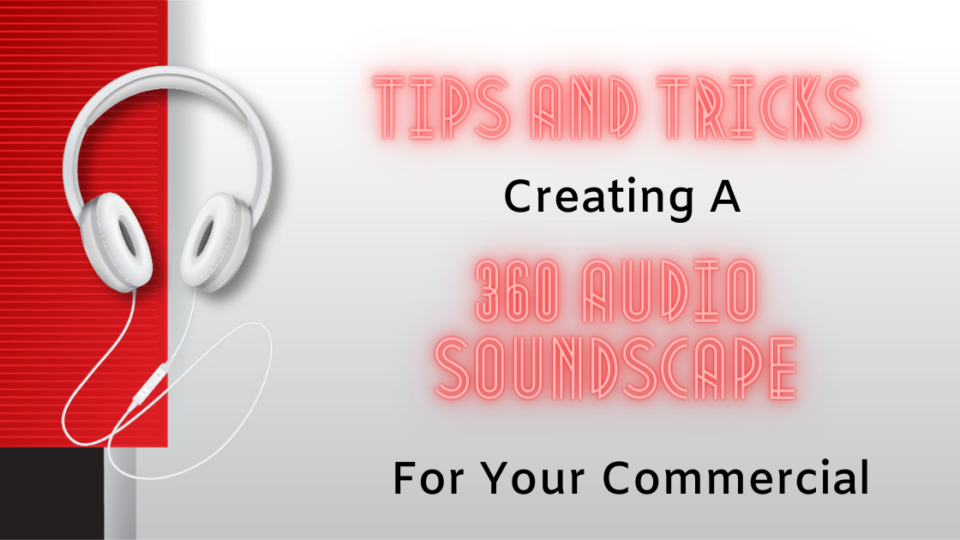
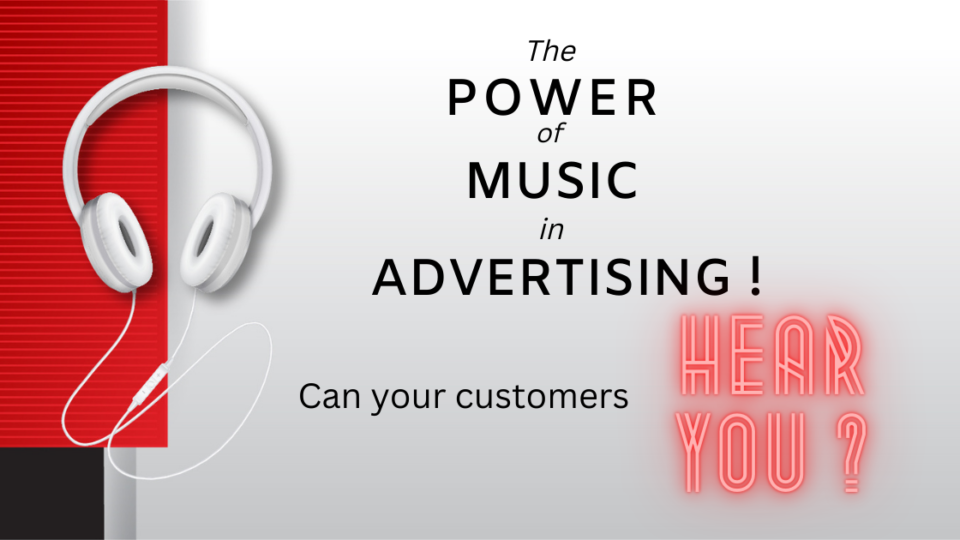
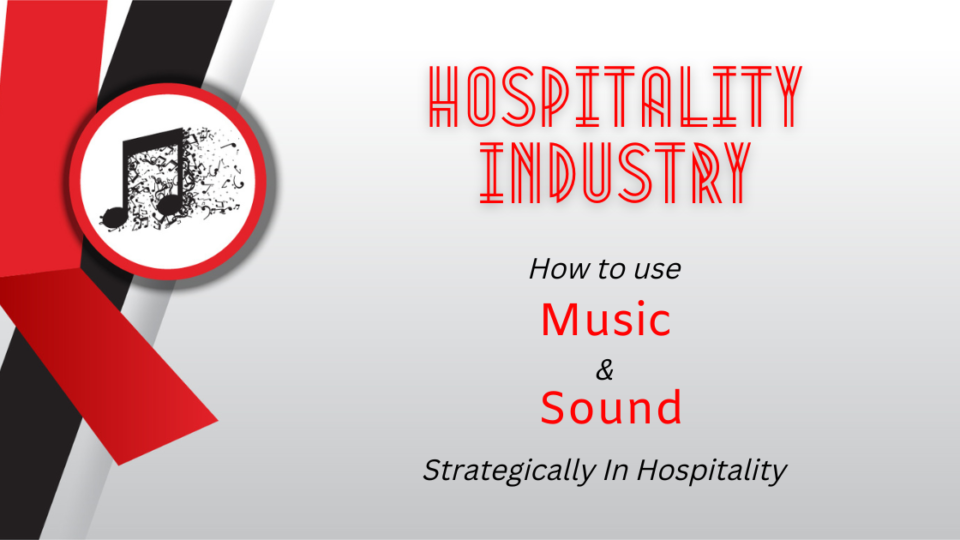
Comments (0)
Leave a reply